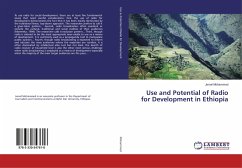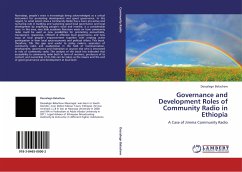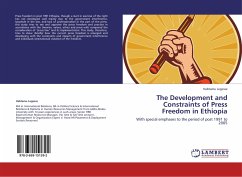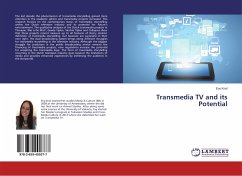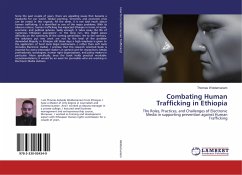To use radio for social development, there are at least five fundamental issues that need careful consideration: First, the use of radio for development demonstrates the fact that it has been mainly dominated by the traditional linear, top-down approach. The researcher prefers to call it a giver-taker pattern... Second, radio broadcasters often overlook or exclude the cultural, traditional and social realities of their audiences (Moemeka, 1994). The researcher calls it exclusion pattern... Third, though radio is claimed to be the most appropriate mass media to use as a means of development, it is commonly used as a propaganda tool to manipulate public opinion... Fourth, though radio broadcasting is expected to inform and educate the mass audiences where the majorities are ruralists, it is often dominated by intellectual elite. Last but not least, the dearth of radio receiver at household level is also the other most serious challenge when radio broadcasting is employed as a meansof development especially when the majority of the main target audiences are the poor...

